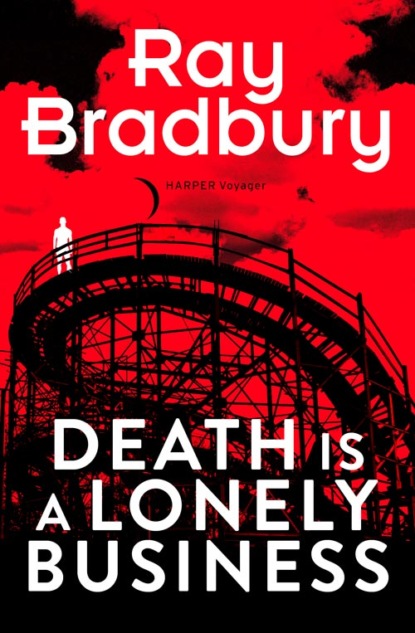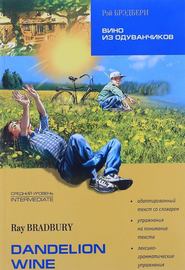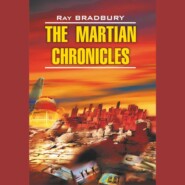По всем вопросам обращайтесь на: info@litportal.ru
(©) 2003-2024.
✖
Death is a Lonely Business
Настройки чтения
Размер шрифта
Высота строк
Поля
“That’s not why I’m calling, damn it. Get over to my place late this afternoon. I might just rip your skin off.”
“Why?”
“Three o’clock in the morning, what were you doing standing outside my house?”
“Me!”
“You better have a good alibi, by God. I don’t like being spooked. I’ll be home around five. If you talk fast you get maybe a beer. If you bat an eye, I kick ass.”
“Crumley!” I yelled.
“Be there.” And he hung up.
I walked slowly back toward my front door.
The phone rang again.
Peg!
Or the man with cold ice in his breath?
Or Crumley being mean?
I banged the door open, jumped in, slammed it, and then, with excruciating patience, rolled a fresh white sheet of Elmo Crumley into my Underwood and forced him to say only nice things to me.
Ten thousand tons of fog poured over Venice and touched at my windows and came in under the cracks in the door.
Every time it is a damp drear November in my soul I know it is high time to go from the sea again, and let someone cut my hair.
There is a thing in haircutting that assuages the blood and calms the heart and makes the nerves serene.
Beyond that, I heard the old man stumbling out of the morgue in the back of my mind, wailing, “My God, who gave him that awful haircut?”
Cal, of course, had done that awful job. So I had several reasons to go visit. Cal, the worst barber in Venice, maybe the world, but cheap, called across the tidal waves of fog, waiting with his dull scissors, brandishing his Bumblebee Electric clippers that shocked and stunned poor writers and innocent customers who wandered in.
Cal, I thought. Snip away the darkness.
Short in front. So I can see.
Short on the sides. So I can hear.
Short in back. So I can feel things creeping up on me.
Short!
But I didn’t make it to Cal’s, just then.
As I stepped out of my apartment into the fog, a parade of great dark elephants went by on Windward Avenue. Which is to say a pavane of black trucks with huge cranes and immense pile-pullers on the back. They were in full thunder, and heading for the pier to knock it down, or begin to knock it down. The rumors had been afloat for months. And now the day was here. Or tomorrow morning at the latest.
I had more of the day to wait to go see Crumley.
And Cal was not exactly the greatest lure in the world.
The elephants lumbered and groaned their machineries and shook the pavement, on their way to devour the fun house and the horses on the carousel.
Feeling like an old Russian writer, madly in love with killing winter and blizzards on the move, what could I do but follow?
By the time I got to the pier, half the trucks had lumbered down on the sand to move out toward the tides and catch the Junk that would be tossed over the railings. The others had headed out toward China on the rotting planks, sawdusting the wooden mulch on the way.
I followed, sneezing and using Kleenex. I should be home lying with my cold, but the thought of going to bed with so many fog and mist and rain thoughts slogged me on.
I stood amazed at my own blindness, hallway down the length of the pier, wondering at all the people here I had seen but never known. Half of the games were nailed shut with freshcut pine planks. A few stayed open, waiting for the bad weather to come in and toss hoops or knock milk bottles down. Outside half a dozen stalls, the young men who looked old or the old men who looked older stood watching those trucks growling out on the sea end of the pier, getting ready to tooth and nail sixty years of past time.
I looked around, realizing I had rarely seen behind the dropped flat doors or the rolled-down and battened canvasses.
I had the feeling again of being followed and spun about.
A big plume of fog came along the pier, ignored me, and passed on.
So much for premonition.
Here, halfway to the sea, there was a small dark shack that I had passed for at least ten years without seeing the window-shades up.
Today, for the first time, the shade were raised.
I looked in.
My God, I thought. There’s a whole library there.
I walked swiftly over, wondering how many similar libraries were hidden away on the pier or lost in the old alleys of Venice.
I stood by the window, remembering nights when I had seen a light behind the shade and a shadow-hand turning pages in an invisible book, and heard a voice whispering the words, declaiming poetries, philosophizing on a dark universe. It had always sounded like a writer with second thoughts or an actor slipping downhill into a ghost repertory, Lear with two extra sets of mean daughters and only half the wits.
But now, at noon this day, the shades were up. Inside, a small light still burned in a room empty of occupants but filled with a desk, a chair, and an old-fashioned but huge leather couch. Around the couch, on all sides, towering to the ceiling, were cliffs and towers and parapets of books. There must have been a thousand of them, crammed and shoved up to the ceiling.
I stepped back and looked at the signs I had seen but not seen around and above the shack door.
TAROT CARDS. But the print was faded.
The next sign down read PALMISTRY.
The third one, in block letters, was PHRENOLOGY.
And beneath, HANDWRITING ANALYSIS.
And to one side, HYPNOTISM.
I sidled closer to the door, for there was a very small business card thumbtacked just above the doorknob.

















